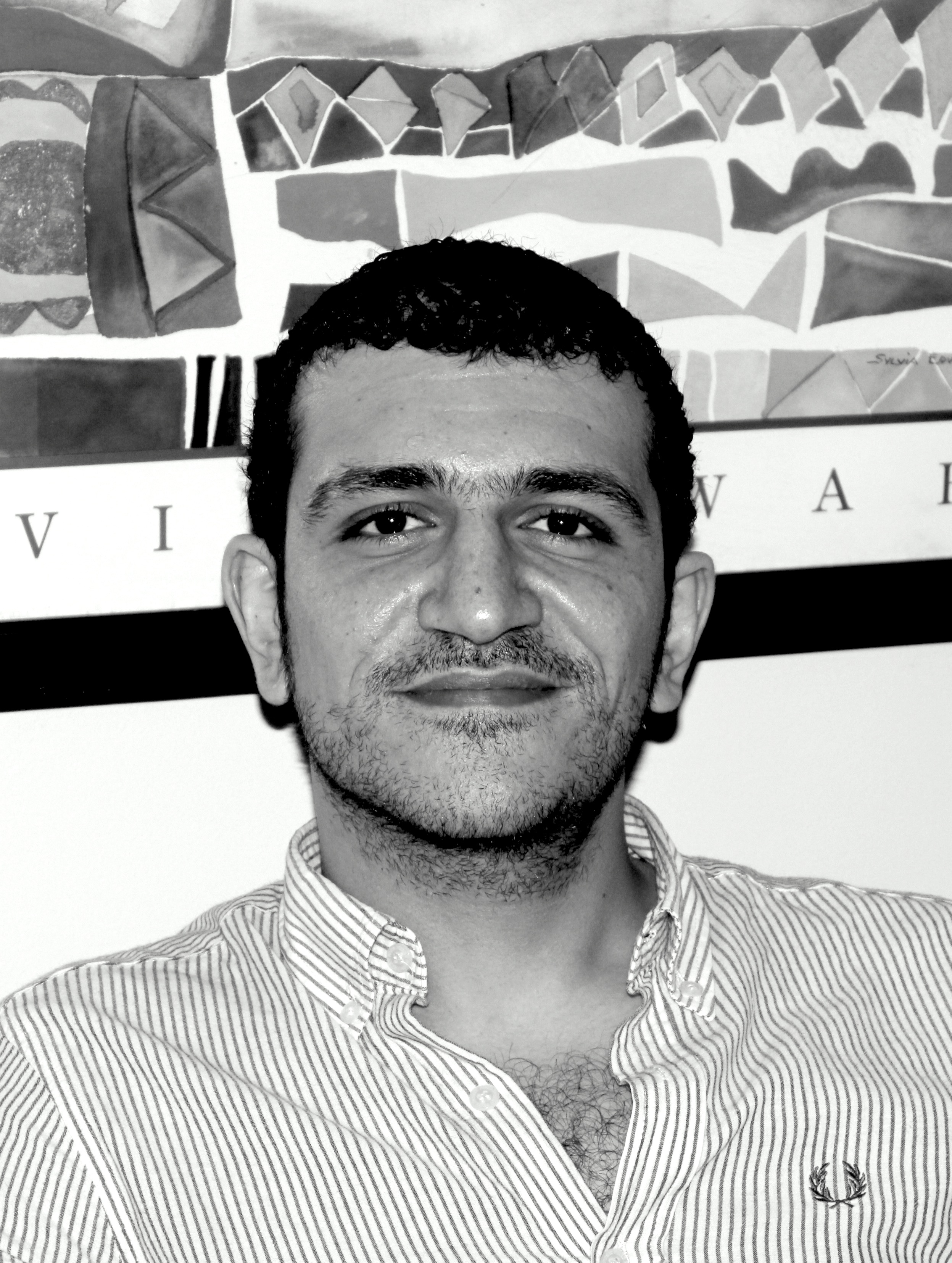By Khaled Diab
JERUSALEM: The Egyptian-brokered Palestinian “national unity” agreement between the two main Palestinian factions, Fatah and Hamas, took the world by surprise when it was announced on 27 April.
Palestinians hope this internal peace deal — officially inaugurated in Cairo last Wednesday — will bring an end to years of infighting and conflict, and mend the burnt bridges between Fatah, which currently dominates the West Bank, and Hamas, which controls Gaza. With national unity, Palestinians also hope they will get a government that can best serve their immediate and long-term national interests.
However, the agreement is so vague and brief that it raises questions as to whether it can serve as a basis to heal the deep-seated political and ideological rifts between Fatah and Hamas. But if it enables the Palestinians to create the infrastructure for a state-in-waiting, then it will serve a useful purpose. Encouragingly, it also details a clear path to elections, which will enable the Palestinian people to choose between the two factions.
Although much of the world welcomed the news of the deal and saw in it an opportunity to inch towards an eventual Palestinian-Israeli peace deal, Israeli Prime Minister Benjamin Netanyahu immediately rejected the agreement, calling on Palestinian President Mahmoud Abbas of Fatah to cancel it.
“The agreement… is a hard blow to the peace process,” Netanyahu said, following a meeting in Jerusalem with former British Prime Minister and Quartet on the Middle East Envoy Tony Blair, and just ahead of a European tour aimed at mobilizing European opposition to the deal.
Netanyahu’s position has raised Palestinian suspicions that Israel prefers a divide-and-rule approach to the Palestinians in order to keep alive the idea that Israel has “no partner for peace” while it quite literally cements its hold on the West Bank through settlement building.
Of course, Hamas’s own pronouncements do not help matters. In response to Netanyahu’s rejection of the Palestinian unity deal, Hamas’s Ismail Haniyeh, Prime Minister in Gaza, called on Fatah to withdraw its recognition of Israel in wake of its “denial of the rights and unity of the Palestinian people.”
To many Israelis, this confirms Netanyahu’s assessment when he asked Blair: “How is it possible to achieve peace with a government — half of which calls for the destruction of the State of Israel…?” Of course, Netanyahu is conveniently overlooking his own Likud party’s political platform, which “flatly rejects the establishment of a Palestinian Arab state west of the Jordan river.”
Haniyeh’s comment is particularly unwise when considering that it is targeted at a society in which memories of mass murder and near-extinction at the hands of the Nazis are still alive and traumatic, as illustrated by the sombre spectacle of the annual Holocaust Memorial Day in May. The prism of the Holocaust makes the symbolic recognition of Israel an issue of paramount importance to many Israelis.
If Haniyeh’s heart is really with the Palestinians and he truly wishes to serve “the interests of our people”, then refraining from such harmful statements would be a first step. This is especially true since he and other senior Hamas figures have, since coming to power, indicated their acceptance of a Palestinian state in the West Bank, Gaza and East Jerusalem, as recently reiterated in Cairo by Khaled Mashal, the Syria-based political chief of Hamas.
It is high time for the Hamas leadership to stop beating around the bush, in order to appease hardliners within the movement, and come out with a clear statement that it recognizes Israel’s right to exist within its pre-1967 borders.
Among Israelis, although concern over Hamas’s record of violence and its refusal to recognize Israel is understandable, it is important to distinguish between the symptoms — strident support of political Islam in Gaza — and the disease – a crushing occupation, poverty and denial of a people’s rights.
It is also wise to recall that Israel helped empower Hamas by illicitly supporting the movement and its precursors, starting from the late 1970s, as a counterbalance against the secular Palestinian Liberation Organization (PLO) and in order to avoid negotiating with PLO Chairman Yasser Arafat following the first intifada, and then by refusing to deal with it once it came to power in 2007. Such blowback illustrates that the only way to break the cycle of hardening positions is for Israel to recognize Hamas and Palestinian statehood, just as Hamas should recognize Israel.
The gun has failed to deliver peace. It’s time to give the olive branch a real chance.
Khaled Diab (www.chronikler.com) is a journalist and writer currently living in Jerusalem. This article was written for the Common Ground News Service (CGNews).


